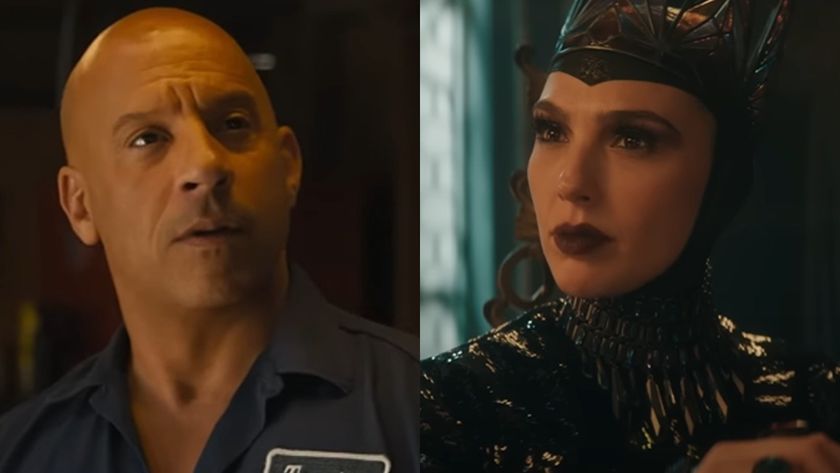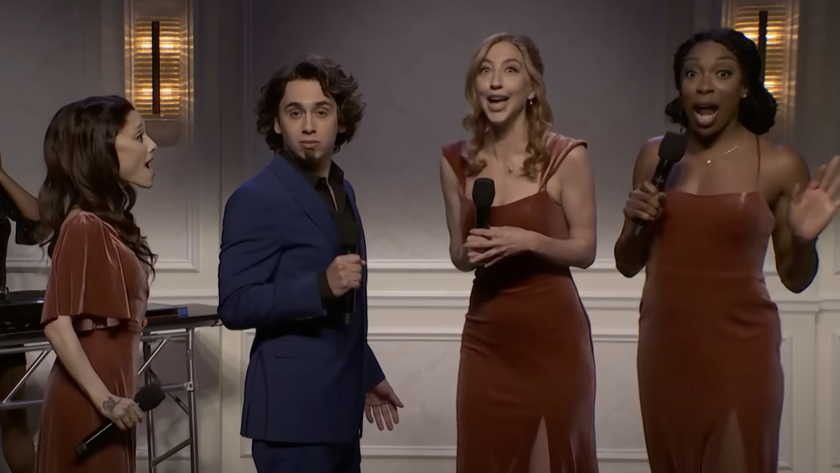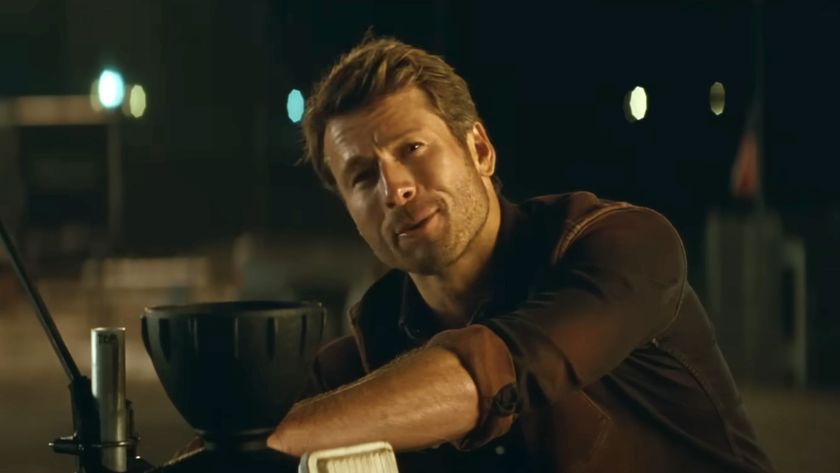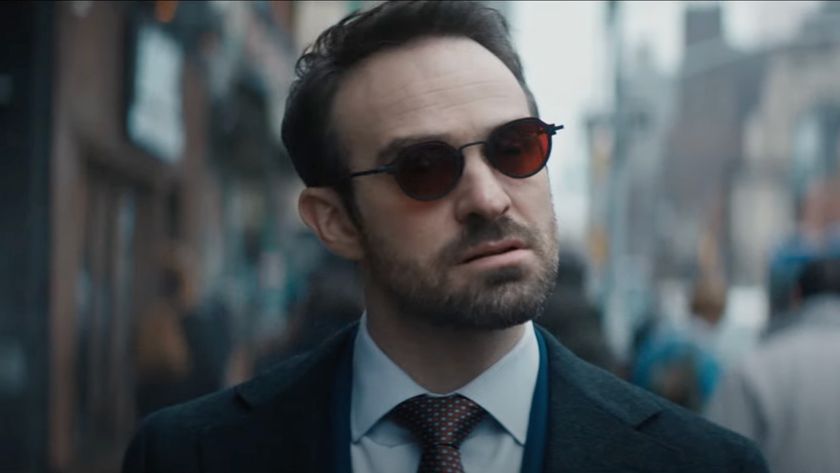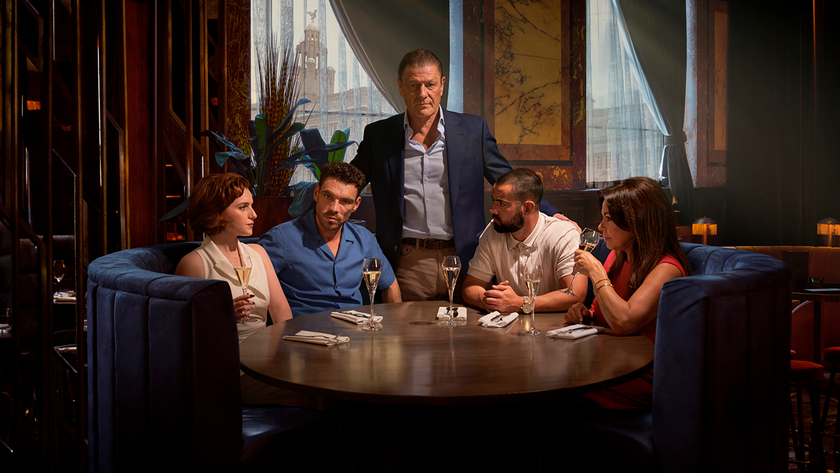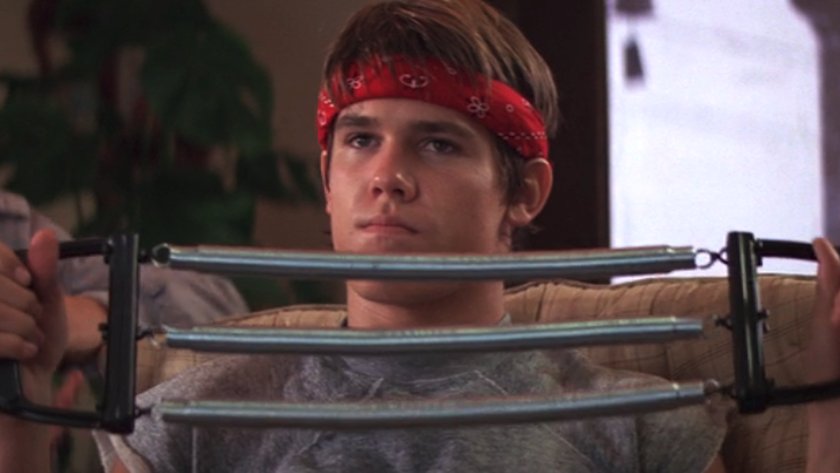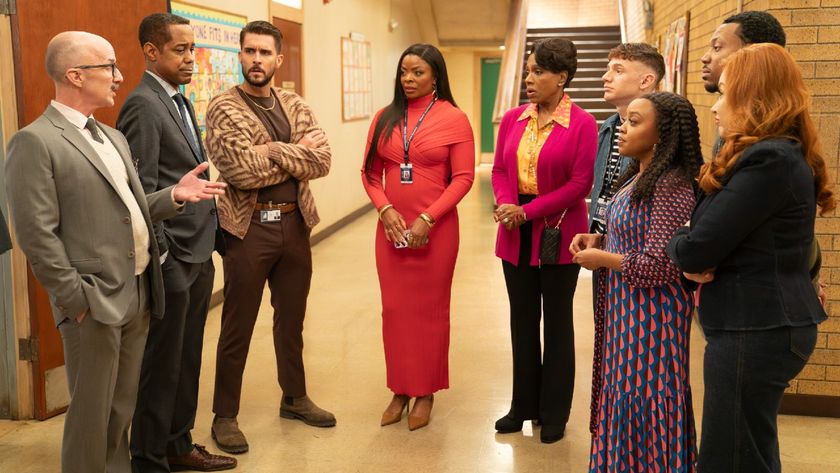The Expendables 2’s Dolph Ludgren On His Education, Reputation, And The Evolution of Action Movies
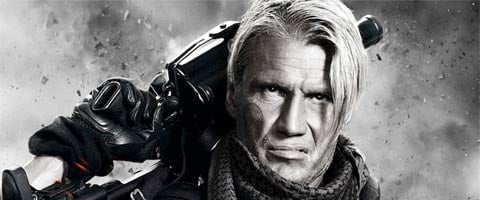
In The Expendables 2 there is a scene in which the entire gang is hanging around a bar and we get to hear the backstory of Gunner, the character played by Dolph Lundgren. To everyone’s surprise it’s revealed that he is actually a certified genius who got his degree in chemical engineering from the Royal Institute of Technology in Stockholm, his masters from the University of Sydney and was then offered the Fulbright Scholarship to the Massachusetts Institute of Technology (which he turned down in favor of becoming a bodyguard). And do you want to know what the best part of that story is? It’s actually the true story of Dolph Lundgren.
With The Expendables sequel due out in theaters this weekend, I recently had the chance to sit down with the actor one-on-one to talk about his latest work. Check out our conversation below, in which Lundgren talks about people’s perception of him once they learn of his educational background, why he almost didn’t come back for part two, and the big changes that he has seen in action movies over the last few decades.
Is there a pressure that comes with this movie being a sequel and having a built in fanbase that you don’t want to disappoint?
Yes, there is. On an overall level, as far as being successful, you feel a pressure straight away, and then, on a personal level, the first one gave me a good shot at playing a fun character in a big movie. And usually action movies you play kind of the same guy, the hero or the bad guy, but here was somebody who was kind of in-between, so I had to live up to that and make it as interesting without being similar. So that was a bit of pressure.
To talk a bit about Gunner, my favorite part of this movie is when we hear about his backstory and it happens to be your own personal backstory, complete with your full educational background and your degree in chemical engineering. What was the inception of that idea?
Stallone came up with it. I think he came up with it maybe a couple weeks into the shoot, because I had some other stuff - there was more of a romance with a girl, and that got cut because they were going to shoot a scene in Hong Kong and then somebody couldn’t go to Hong Kong and then they had to shoot it somewhere else in New Orleans and she couldn’t go… it was complicated. So he came up with this thing which I thought was kind of cool.
Was there ever any kind of hesitance on your part?
CINEMABLEND NEWSLETTER
Your Daily Blend of Entertainment News
No, no no! Quite the opposite. I thought it was about time [laughs]. Show off a bit… as stupid as I look [laughs] and all of my characters have been really, really big idiots shooting people for 25 years.
Do you ever find that it affects people’s perception of you when they learn about your educational background?
Oh yeah! For sure. I’ve been running around with a gun for 25 years on camera while shooting people. Of course they’re not going to look at you like an intellectual [laughs]
Does it also affect your perception of the character? Because we remember back to the first one and Gunner kind of lost it a bit [laughs]
Yeah [laughs]. That’s the magic of cinema. You get to go from one extreme to the other. That’s interesting. It opens it up for some more stories about Gunner.
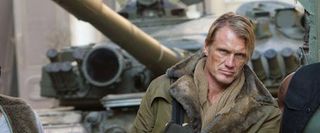
On the subject of that mental break, he kind of gets himself under control at the end of the first Expendables, but here in the sequel you can still kind of see it bubbling under the surface. Was that a fun element to play with?
It’s a lot of fun. In the original, like you said, there is that scene where I’m hitting on a chick, I get drunk, and she beats me up. I was ready to go a bit more like in the first one. You feel it. The fun thing about this character is he’s unpredictable. You can prepare for a scene in a kind of outlandish way, and it works.
And you mentioned that Stallone added the backstory bit, but did you get to add any touches of your own?
Well, the first script for this, for the second one, I didn’t like it and I didn’t want to make the picture. It was just kind of flat. He went out, worked on it, and he added all the stuff for Gunner, which I liked. And then it was just a matter of talking to the director throughout production. But he did add a lot of funny things – some of which are in the film, some didn’t get shot, some got cut – but it was all in this same kind of outlandish, cuckoo way to Gunner. He’s a bit off [laughs].
You had Stallone directing the first movie, and Simon West helmed this one. You mentioned talking to him throughout production and Stallone’s add-ons to the script, what was the experience like working with each of them as directors and how did they differ?
It depends. It depends on what the scene is, how much Sly is invested in the scene, and how much there was to get involved. A lot of the things Simon did, he was the boss and Sly would just say, “Yeah, sure.” And on other scenes where Stallone feels there’s more character based stuff, he would get involved a little more, and then I would welcome that because Simon is very good, but Sly has a lot of experience and he knows me. So in my case I appreciate when he says stuff. He tells me because he wants it to be good.
I’m curious about your perspective on action films, because, as you mentioned, you’ve been acting for 25 years and the genre has changed quite a bit in that time – not to mention the fact that The Expendables movies are kind of a throwback to the blockbusters of the 80s. I’m wondering what it has been like for you to watch the evolution of the genre and do you think it’s going in the right direction?
Well, what’s happened is that Hong Kong cinema has changed a lot. I think some milestones like The Bourne Identity changed a lot. Basically, you can take any actor – physical, non-physical, it doesn’t matter. If the character is right, you make that person into an action star – man or woman. And that’s a change because when I started it wasn’t like that. You couldn’t make them action stars. You could put them in a dramatic movie, you could make Montgomery Clift fire a gun at The Duke, but you couldn’t have him beat up The Duke [laughs]. That wouldn’t work, nobody would have bought that. Now you can. I guess it has to do with CGI – I guess people’s perception. That’s the major change.
Do you think it should go back?
No, I don’t think you can change history. I think that maybe there’s a certain lack of these kinds of heroes. They’re a little more believable, which is something that people are still looking for.

Eric Eisenberg is the Assistant Managing Editor at CinemaBlend. After graduating Boston University and earning a bachelor’s degree in journalism, he took a part-time job as a staff writer for CinemaBlend, and after six months was offered the opportunity to move to Los Angeles and take on a newly created West Coast Editor position. Over a decade later, he's continuing to advance his interests and expertise. In addition to conducting filmmaker interviews and contributing to the news and feature content of the site, Eric also oversees the Movie Reviews section, writes the the weekend box office report (published Sundays), and is the site's resident Stephen King expert. He has two King-related columns.
